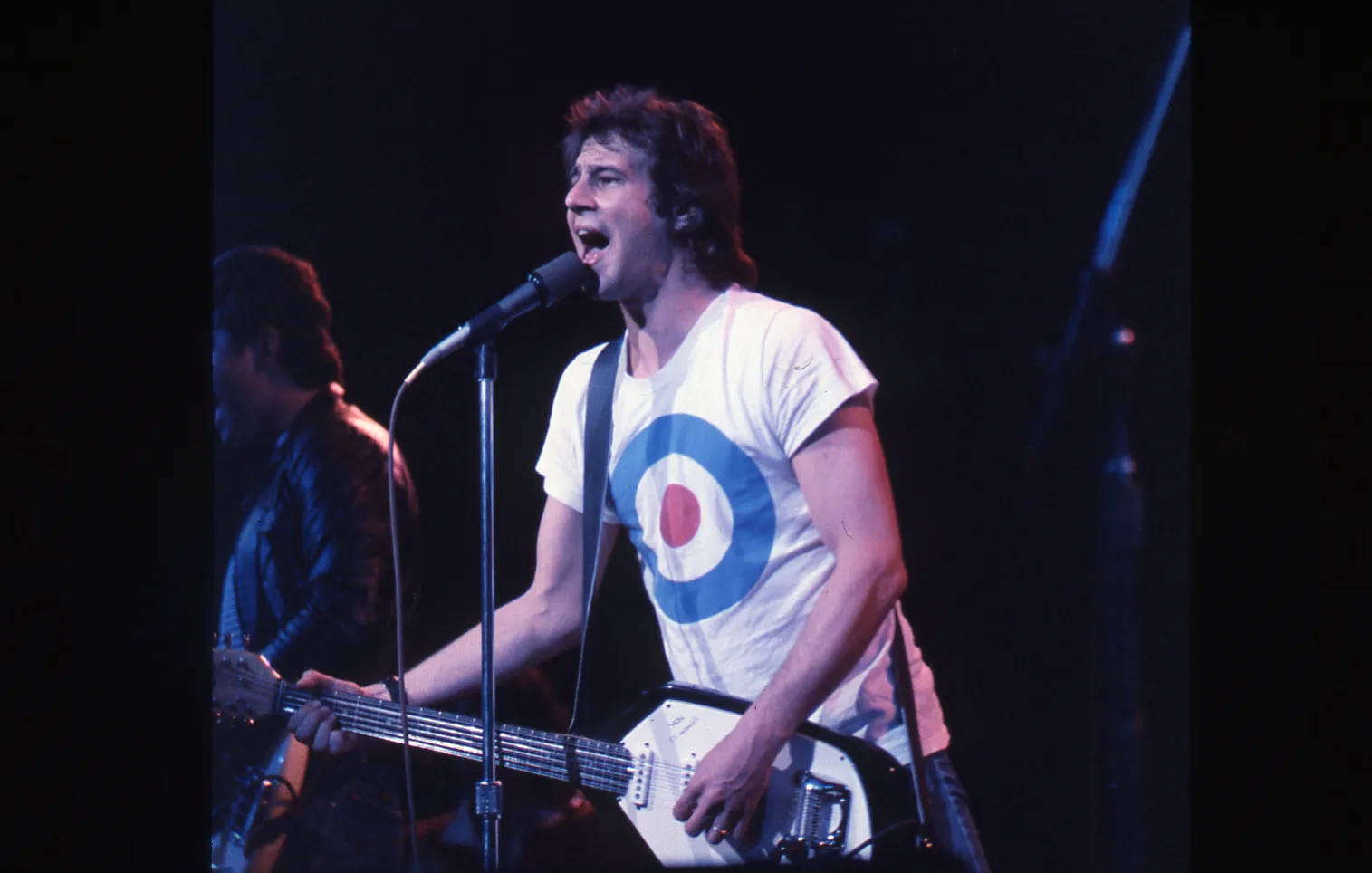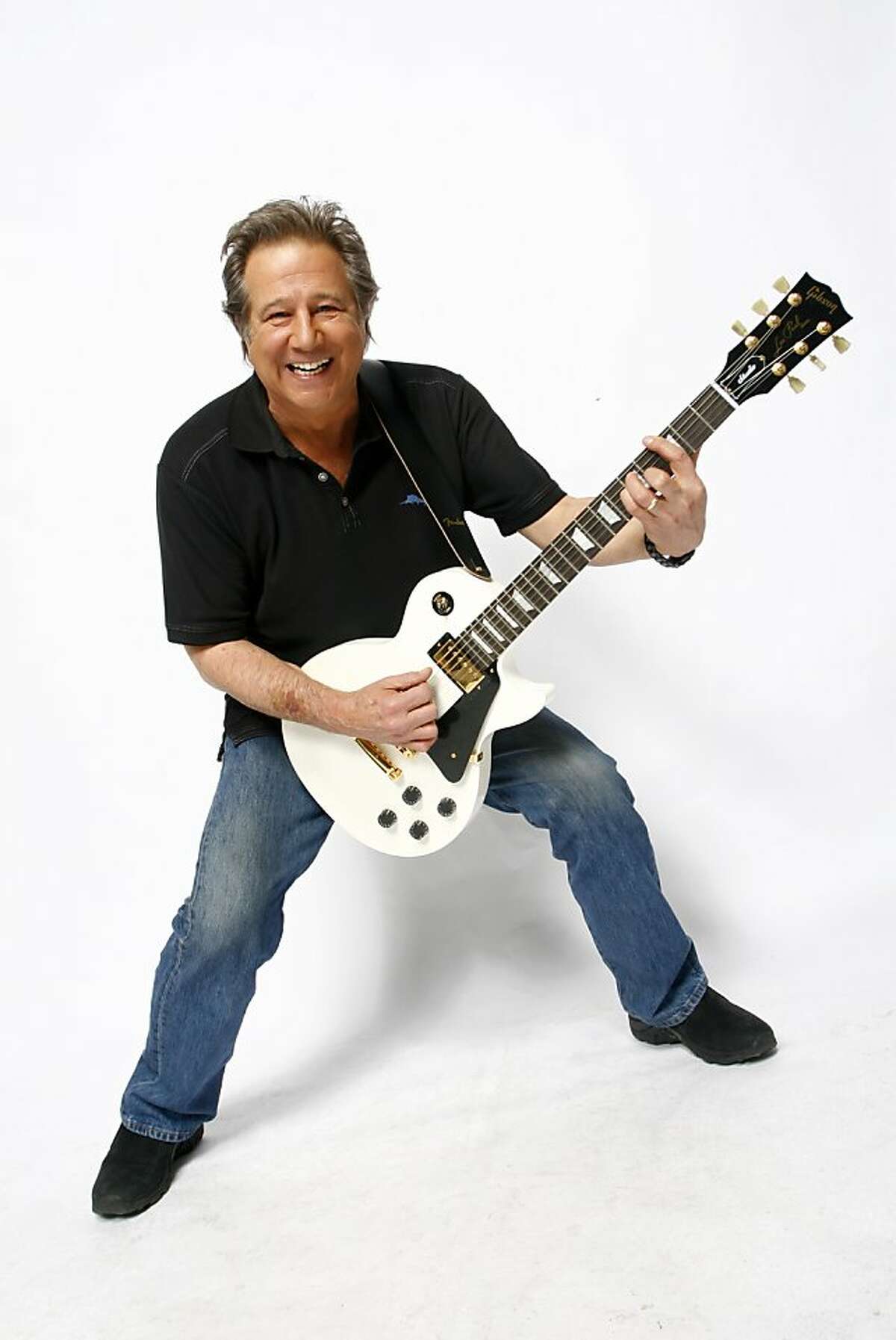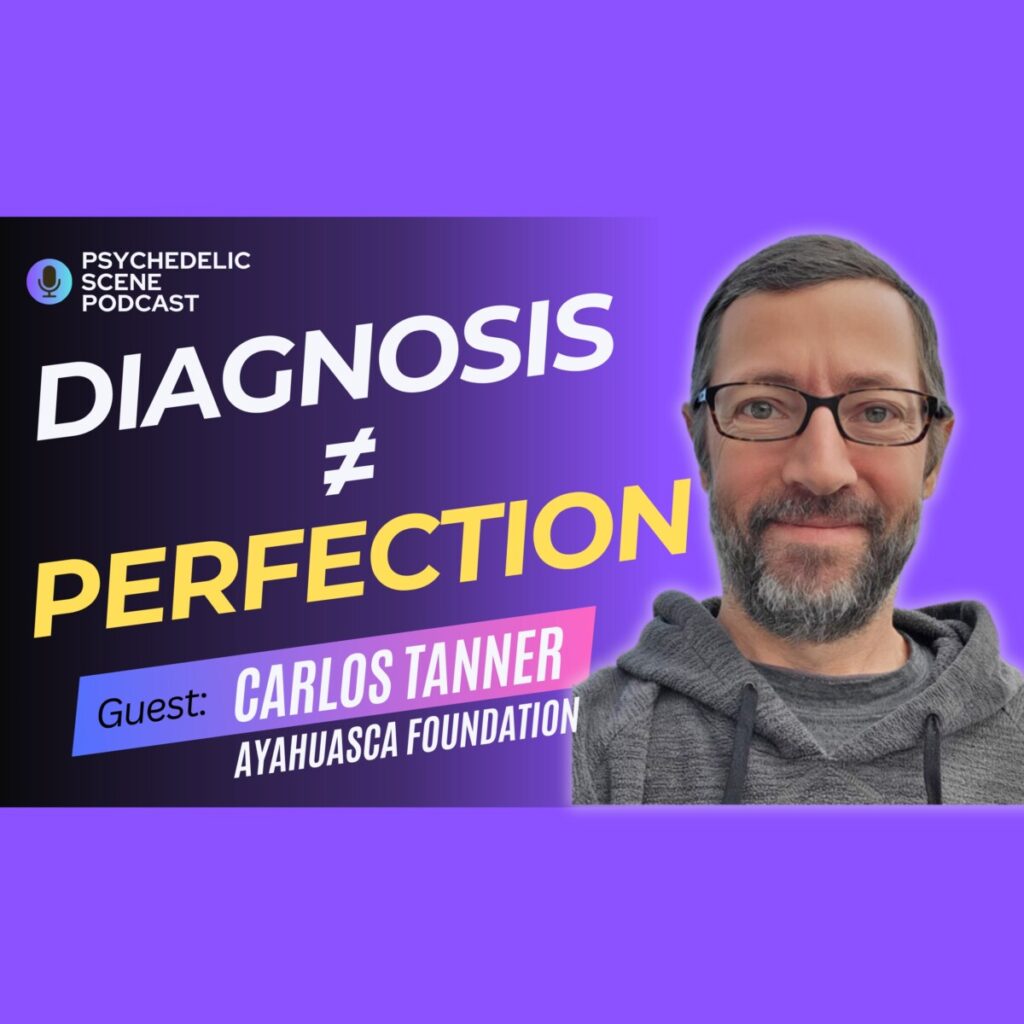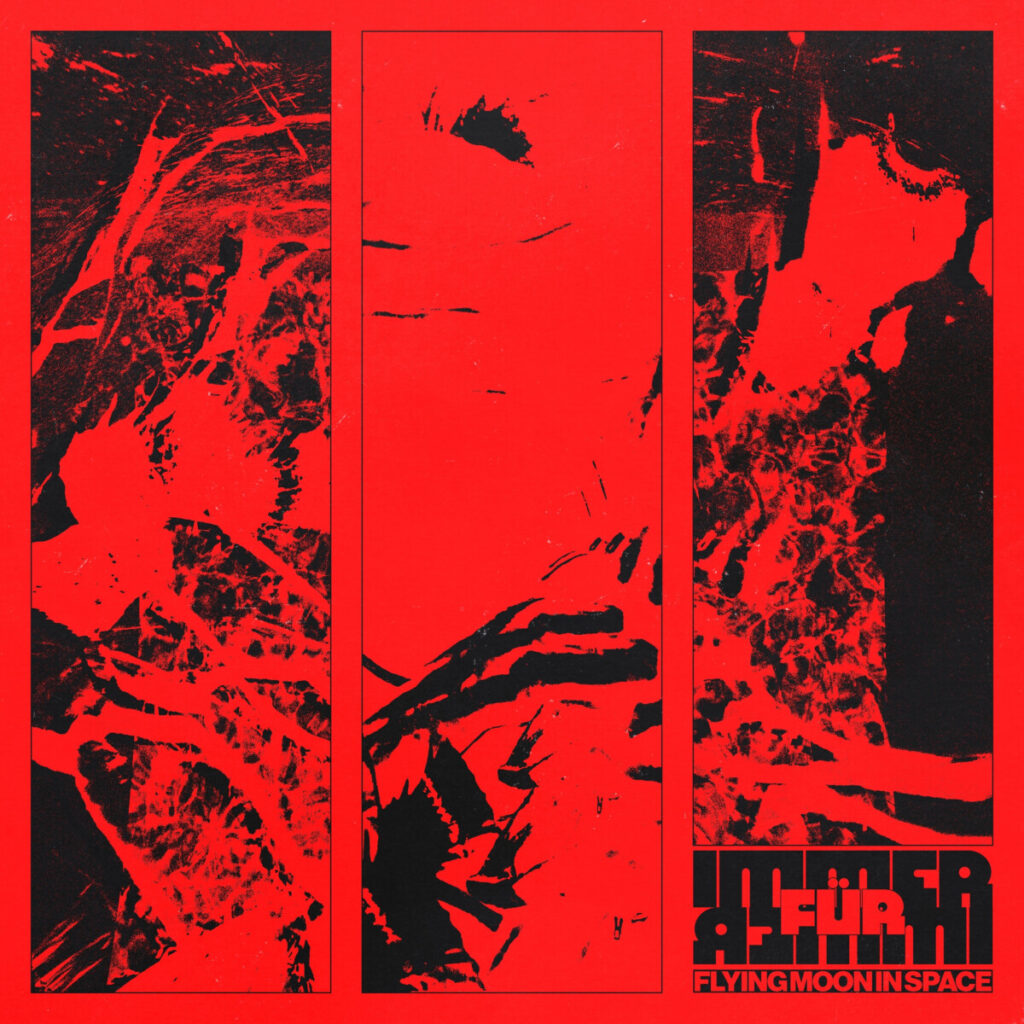Interview: Greg Kihn
Interview: Greg Kihn
Jason LeValley:
Well, I wanted to ask you about your radio show. What was that all about? It was a morning show, and you actually had to get up in the morning.
Greg Kihn:
I had to get up at four in the morning, which is brutal. And then I would drive to San Francisco. So it was like I had a 1 hour drive and the 04:00 a.m. It was brutal, but they were paying me a bunch of money. I remember the guy writing down, he goes, “Would you do it for this amount of money?” And he slid the little paper across the desk at me, and I looked down and I go, “Yeah, what time do you want me to get here? So it was like three or four times whatever I was making at seven to midnight. And I just jumped on it. And I did that for 18 years at KFOX radio. Of course, while I was there, it had been bought and sold many times: Clear Channel, Intercom, Cumulus, all these different various ownerships, and they moved it to San Francisco to a high rise up there, a penthouse suite of radio stations. And I was there for 18 years. And then the day that I got fired was the day I got inducted into the Bay Area Radio Hall of Fame. So go figure.
I had great ratings, everything, but I think they fired me because they were paying me too much money for too long, and I can totally understand that. Yeah, but you know what? It was great because I didn’t have time to do anything. And then suddenly, boom, I had tons of time. And so the first thing I did was make the album, and then I wrote two novels and then went out on the road, and now we’re back working on the second album. So it’s a lot of fun, and I just like having something to do. I need to chew on something.
“I had great ratings, everything, but I think they fired me because they were paying me too much money for too long.”
LeValley:
Right. So you’ve written a couple of books. The Wiki page says you’ve written four horror fiction novels.
Kihn:
Yeah. I don’t know. I wouldn’t call them horror. The first one was horror. Yes, that’s true. But most of the other ones I would just call strange. The last two books that I wrote were about The Beatles, and The Beatles were actually characters in the novel. They actually had their lines and everything. And it was really… I’ll tell you the story. You want to hear that? It’s real quick story.
LeValley:
Sure.
Kihn:
I was interviewing all of the remaining Beatles on the radio, like, Paul McCartney would come to town. And I’d interview Paul, like two or three times. I interviewed Ringo Starr, I interviewed Pete Best, the original drummer for The Beatles. And I asked them all the same question. I said, “Where did The Beatles get their music? Because there were no import shops. There were no places you could go and buy “Twist and Shout” by the Isley Brothers, let’s say. “Where did you get it?” And he goes, “Oh, that was our secret. We had a lot of friends that were merchant Marines, and they would bring records back from the States.” So they would float over to… this was all ships. They would go over to New York and Baltimore, which I was from, and they would come back to Liverpool with stacks of 45 rpm records. And a lot of those singles would find their way into flea markets and second hand shops and places like that, which is where the Beatles found it. And they knew a guy that knew a guy that could get the records, but they didn’t have any money because they were so poor, and they were just getting ready to go to Hamburg, and they needed this vast repertoire of songs.
So our guy lends them the songs, they become best friends. And he remains best friends with the Beatles through their entire lives. And in the end, he winds up saving their lives from an assassination attempt in the Philippines in ‘67.
LeValley:
That’s in the book?
Kihn:
Yeah, man.
LeValley:
Well, I’m going to have to check that out.
Kihn:
And I talked to Ringo about the death threats and the Philippine thing, and he said, man, “We were scared out of our wits. We thought that the shots were going to be coming from any direction. Usually they shoot people from roofs there, and they were afraid as they ran to the plane that they were going to be picked off by Marcos loyalists who had different bones to pick with the Beatles. But Ringo told me since then, “The last thing I remember was Brian Epstein (who was their manager at the time) yelling, ““Run, boys, run! Don’t walk! Run to the plane!”” And he said, “I don’t know if there were bullets flying around. I did. I just ran.” And that story got in my brain and became the germ… The name of the novel, by the way, is called Rubber Soul. And that was the idea for it. Interesting.
LeValley:
Yeah, I’m going to look for that and give it a read.
Kihn:
Oh, yeah. You got to read Rubber Soul. It’s completely unlike anything you’ll ever read again. It’s really neat.
LeValley:
It sounds like it. So you have your son playing lead guitar with you now?
Kihn:
Yeah. The boy is good. He’s not only a former student of Joe Satriani, but he went to Berklee School of Music in Boston and Cal Arts in Valencia and LA, and he graduated a jazz guitar major. And the guy is unbelievable. He’s a great guitar player, plays all styles, reads music. He’s phenomenal. And yeah, he’s the guitar player in the band and with Dave (Lauser). And of course, Dave gets along great with Ry because they’re always going out and adventuring around. And Robert Berry is the bass player. And you know what? I really love this band. I just love the way it’s cut out we had a five piece band for many years with Gary Phillips on guitar, but we went back to just being a four piece, two guitars, bass and drums. It just seems so much cleaner and easier for me.
LeValley:
That makes sense. Yeah. I don’t know if the constitution of the band changed between “The Breakup Song” and “Jeopardy”, but there’s definitely a difference in the sound. Maybe it’s just the production.
“Life has been very good to me. I’ve had a wonderful career, several careers: radio, records, and literary.”
Kihn:
You’re cutting out again. Can you hear me now?
LeValley:
I can hear you. Yes, this time. I’m sorry.
Kihn:
Did you ask a question about “The Breakup Song”?
LeValley:
I was just asking if the band had changed between “The Breakup Song” and the album with “Jeopardy” on it. Just because it sounds different.
Kihn:
One guy did join the band, and that was Gary Phillips. Do you realize (and this is really shocking) of the five guys that were in the original Greg Kihn band, there’s only two guys left standing?
LeValley:
No, I didn’t realize that.
Kihn:
Isn’t that unbelievable? I outlived them all. It’s me and Larry Lynch, the original drummer who always drank milk and never took drugs. And everybody else is dead. Dave Carpenter is dead. Gary Phillips had cancer. Steve Wright had a heart attack. I mean, it was pretty…
LeValley:
Yeah, and yet Keith Richards lives on.
Kihn:
I’m still here.
LeValley:
Well, have you led a pretty healthy lifestyle?
Kihn:
No! Jesus, I’ve been horrible. Everybody would have said that I’d have been the first one to go, I’m sure.
LeValley:
No, it doesn’t always work out like that.
Kihn:
I lucked out. And, you know, life has been very good to me. I’ve had a wonderful career, several careers: radio, records, and literary. I feel like I’ve been blessed and I had a great life. And if it all ended tomorrow, which I don’t think it will, I look back on it as a big fat plus. I really feel like I’ve been very lucky. And being a musician, you’re just trying to put one foot in front of the other. You just follow your footsteps. And it’s like that being a writer or a guy on the radio. So for me, I follow my footsteps. And it has led me here, and I don’t know where it’s going to leave me next, but I’m ready, man.
LeValley:
All right, well, I want to thank you for taking the time to talk to me. I really appreciate it. And you’re just a wonderful interviewee, so I appreciate it.
Kihn:
Well, thank you. Hey, listen, I appreciate that. John Lappen does a heck of a job.
LeValley:
Who’s this?
Kihn:
John Lappen, the publicist.
LeValley:
Oh, yeah, he was great, too!
Kihn:
Yeah, he’s good. Yeah, he’s good. All right, listen, man, I really appreciate talking to you today, and it was very pleasant.
Gallery
Recent Articles
Can Molly Mend Your Marriage?
•
February 16, 2026
Immer Für Immer by Flying Moon in Space–Album Review
•
February 13, 2026

Loading...




